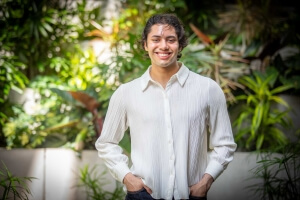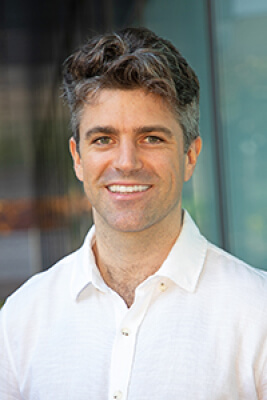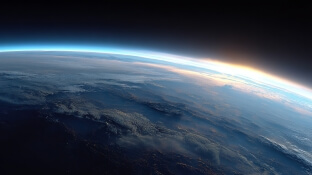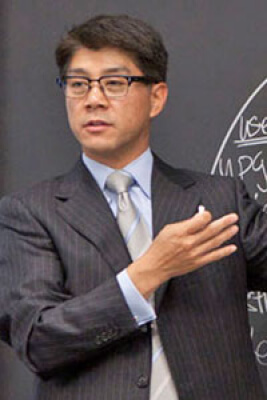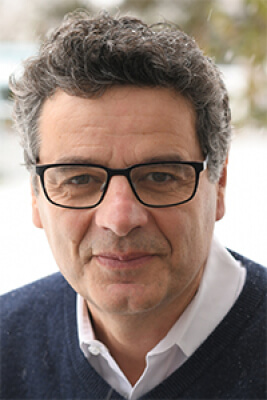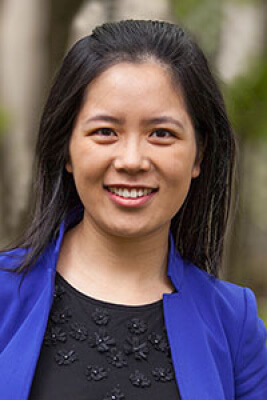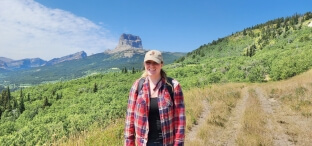Search Results

Roy G. Gordon
Thomas Dudley Cabot Professor of Chemistry and Professor of Materials Science, Emeritus
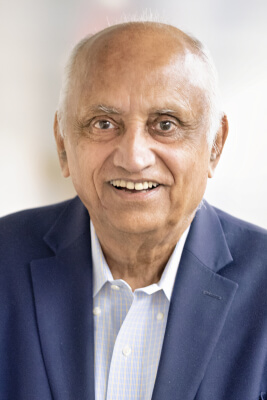
Venkatesh Narayanamurti
Benjamin Peirce Professor of Technology and Public Policy, Engineering and Applied Sciences, and Physics, Emeritus

John H. Shaw
Harry C. Dudley Professor of Structural and Economic Geology and Professor of Environmental Science and Engineering

SEAS Sustainability Fair
More details coming soon!
to
Harvard Science and Engineering Complex
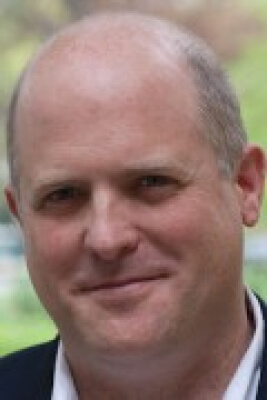
Daniel P. Schrag
Sturgis Hooper Professor of Geology and Professor of Environmental Science and Engineering
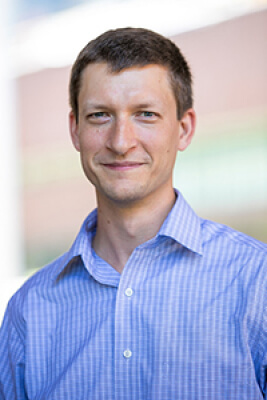
Boris Kozinsky
Gordon McKay Professor of Materials Science and Mechanical Engineering and Professor of Chemistry and Chemical Biology

Joanna Aizenberg
Amy Smith Berylson Professor of Materials Science and Professor of Chemistry & Chemical Biology


